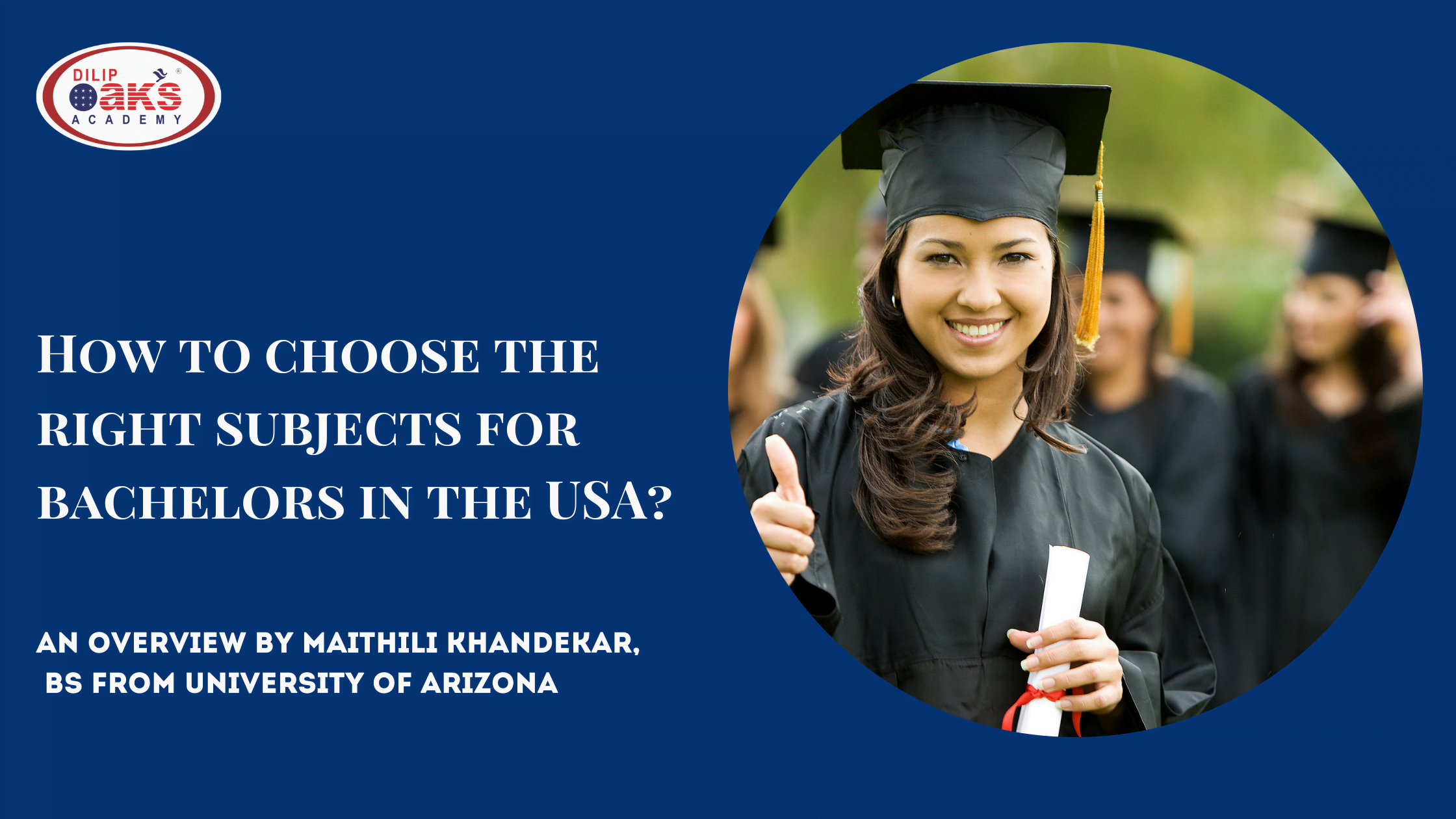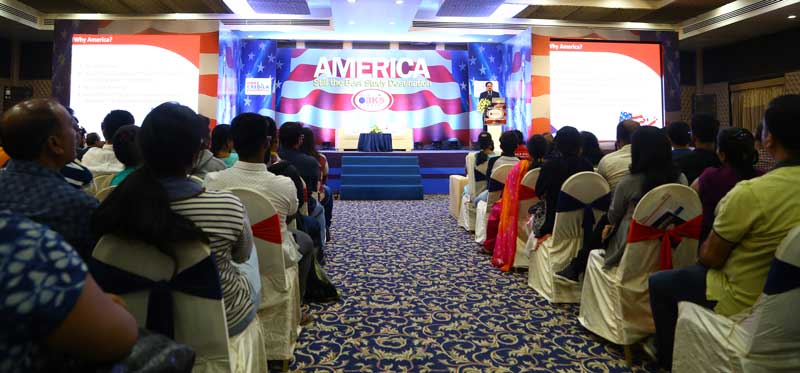
The SAT Reading section is something that stumps even the most diligent of students, especially students who have not studied in the American system. History passages are tough to crack, often featuring unfamiliar events and abstruse (difficult) language. As an Indian student, it is highly unlikely that you would be acquainted with momentous occasions in American history. In addition to that, the language can seem alien, especially if you don’t read widely. Hence, simply solving passages is not enough. You must dive – not deeply, but cursorily and swim widely – into the realm of US history. Having a general understanding of such events will enable you to grasp the context with ease. But where should you start? Which sources are the most reliable? Which content is the easiest to consume? Being mindful of the extremely hectic schedule that most students have to adhere to, we have compiled a list of the most important topics.
The Best Sources
Learning about US history has never been simpler (easier). No longer do you need to browse through numerous books – everything you need is in that wonderful rectangle in your pocket! There are several YouTube channels that fit the bill. However, there are two channels that stand out: Crash Course and Oversimplified. Crash Course has various series of videos that explain the most important parts of American history in a sequential way. On the other hand, Oversimplified has videos about individual events but they give the viewer a pretty thorough idea about each topic. So if you have a couple of months, we recommend that you watch these series in their entirety: Crash Course US History, Oversimplified – World Wars and Revolutions. If you’re short on time, watching the following videos will give you a basic idea that will be sufficient for the SATs.
These videos have not only easily accessible knowledge but also great language. So, you’ll be killing two birds with one stone. Additionally, they have great animations which make these videos a joy to watch. Have fun!
https://www.youtube.com/watch?v=Eytc9ZaNWyc&list=PL8dPuuaLjXtMwmepBjTSG593eG7ObzO7s&index=7
https://www.youtube.com/watch?v=3EiSymRrKI4&list=PL8dPuuaLjXtMwmepBjTSG593eG7ObzO7s&index=8




